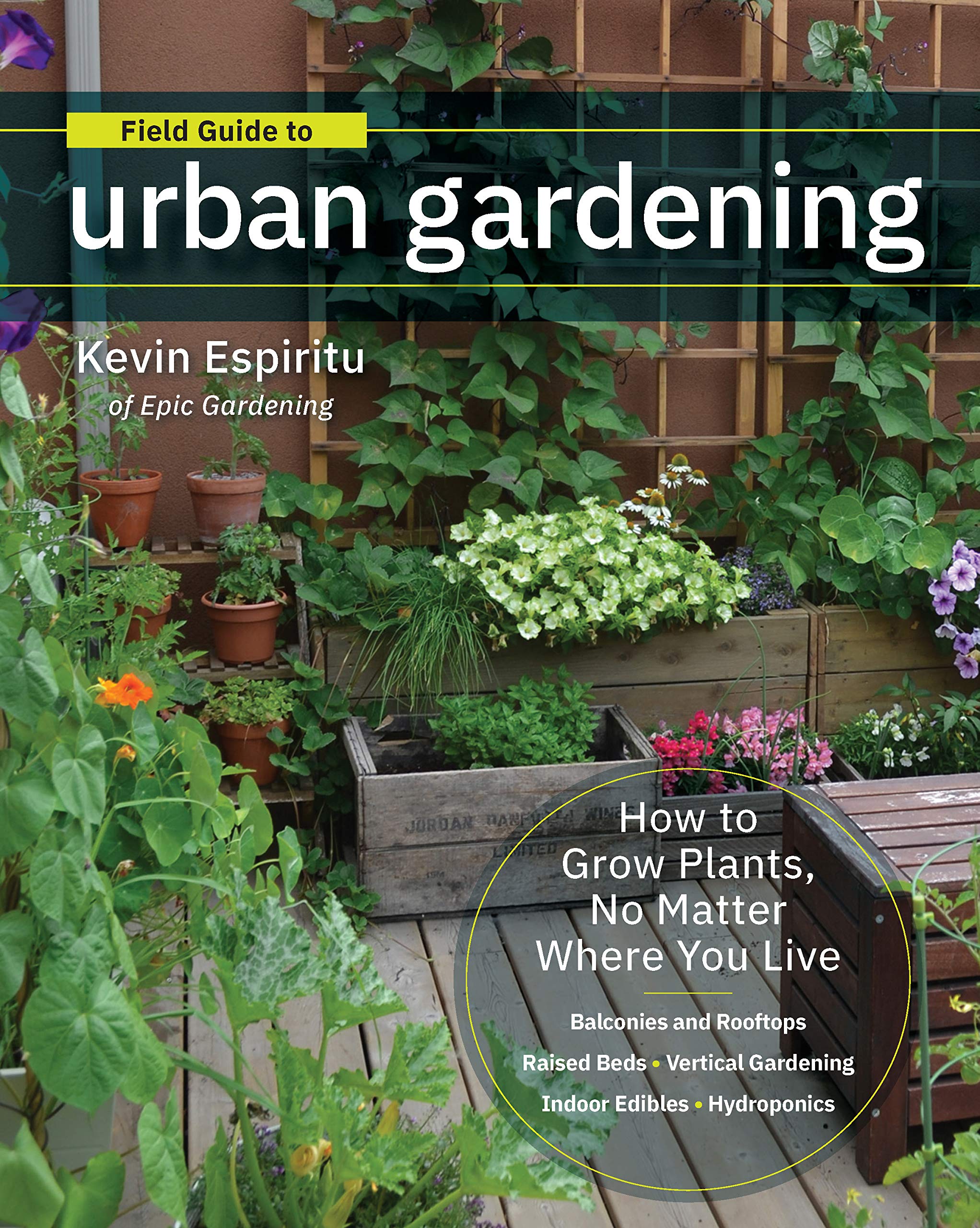Everything about City Blooming
Everything about City Blooming
Blog Article
Top Guidelines Of City Blooming
Table of ContentsSome Ideas on City Blooming You Should KnowThe Ultimate Guide To City BloomingOur City Blooming StatementsCity Blooming Can Be Fun For EveryoneNot known Facts About City Blooming
Nature has unbelievable impacts on our physical and psychological well-being, so it's no shock that a simple succulent on a desktop computer or some potted natural herbs on a windowsill can promptly improve an area. Take those plants an action further, and you'll go across right into the territory of city gardening, which brings a lot more advantages to individuals and communities alike.What Are Urban Gardens?Urban horticulture, sometimes referred to ascity horticulture, is defined as "the process of cultivating environment-friendly spaces in city settings. "It encompasses a selection of jobs from urban farming to patio gardens to community gardens - sustainable gardening. Urban gardens can be often tended by people, teams, business, or companies. The amount and range of food grown can vary extensively, along with the dimension of the task itself, but metropolitan gardening initiatives are all rooted in a city setting.
Whether they consist of a collection of pots on a porch or a collection of stories on a vacant great deal, these gardens provide even more than food, supplying a host of ecological, financial, and social advantages. Since produce is grown in neighborhood setups in contrast to far-away ranches, city horticulture decreases transportation needs, as a result lowering carbon emissions.
The 10-Minute Rule for City Blooming
Lasting and organic agriculture eliminates or minimizes much of the ecological injury that would be sustained by industrial farming techniques. Eco-friendly areas in cities help minimize the city heat island impact. Urban farming boosts local economic situations and supports local food producers. Area gardening jobs frequently offer food at little or no expense, which helps boost food budgets and boost food security. Right here at Hunger For Change, we utilize food as a tool to build health, riches, and social change in North Minneapolis. We bring individuals with each other to find out, prepare, consume, and expand food, producing modification that lasts.
Surf our store, take into consideration offering, or contribute today to support our extraordinary effect in North Minneapolis! With each other, we can develop well-rooted and prospering adjustment!.

The key lesson we, once more, must learn is that cities are not divorced from nature. They belong of the larger biome in which they're located. As organizers and developers, we are educated to believe holistically. While these fields promote cities as helpful, no city is best not even close, and the vulnerabilities and affiliations of the worldwide supply chain has impacted everybody in unpredicted means.
Indicators on City Blooming You Should Know
I will certainly consider versions from the past that advertised urban yards and gardeners, and reveal what worked and what did not. I will certainly review the opportunities and obstacles of being a city gardener, what is required to set up a yard of your own, and what legislations and requirements stand in the method of making cities better at promoting metropolitan gardens.
The quantity of time threw away reaching and from typical offices has actually been well recorded. One significant research study concluded that before the pandemic, Americans wasted a standard of 54 hours a year travelling. The collected unfavorable impacts of contamination and anxiety that arise from commuting alone by automobile as a lot of Americans do are considerable.
The capacity to come to the office for cooperation and culture, and remain home for focused job is an idea that conserves time, is better for the environment and is a smarter use of limited resources. What hasn't yet taken hold is the link between these adjustments in habits and how cities can react.
City Blooming for Beginners
What are the health and wellness effects of our cities instantly overdesigned for automobiles? Exactly how can our city framework (roadways, energies) perform better, not only as channels to move people and products, however as factors to all-natural systems? Urban sensations such as smog, poor water high quality and the 'warmth island result' can be mitigated by greening our streets, electrifying our vehicles and planting our parking area.
In a current write-up in the Wall Street Journal, Richard Florida talked about the phenomenon read this article of 'zoom cities,' which attract remote workers by creating a picture of a greater top quality of life (eco-friendly practices). He created: "For cities, remote work alters the focus from luring firms with unique offers to enticing talent with solutions and services
Urban horticulture currently has many alternatives to help you grow food any place you have area, such as with container gardening, hydroponic gardening, and roof gardening. This means you can regulate the place where you grow the food, and stress less about ecological conditions like dry spell or winter. You can choose what you desire to grow, just how you desire to grow it, and where you intend to grow.
City Blooming Can Be Fun For Everyone
Expanding mass-produced food with conventional farming techniques takes a whole lot out of the earth. Beyond the many sources that are utilized on the farm, the food then has to be delivered from where it is expanded to a shop near you. That requires shedding a great deal of gas. Generally in the united state, food is now delivered in between 1,500 and 2,500 miles to get to the customer.

Report this page